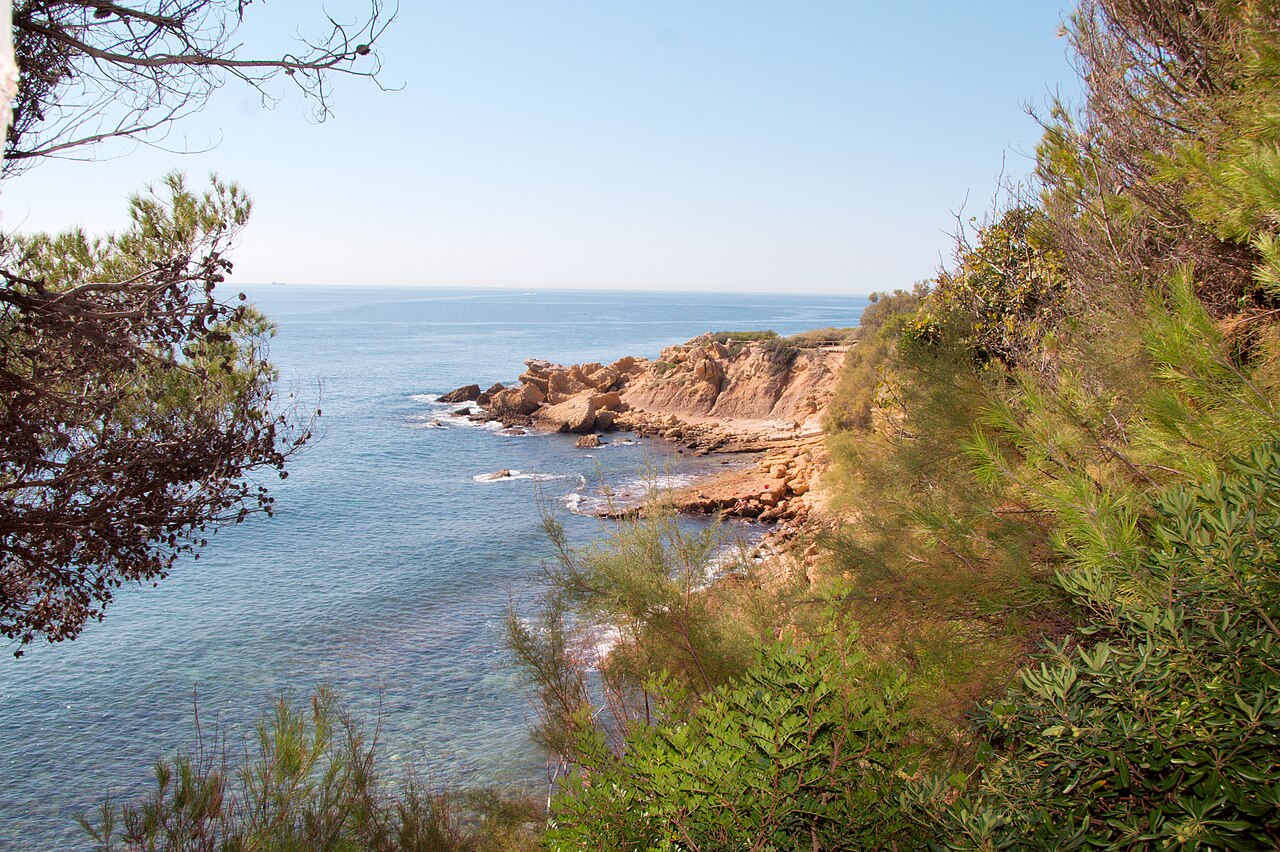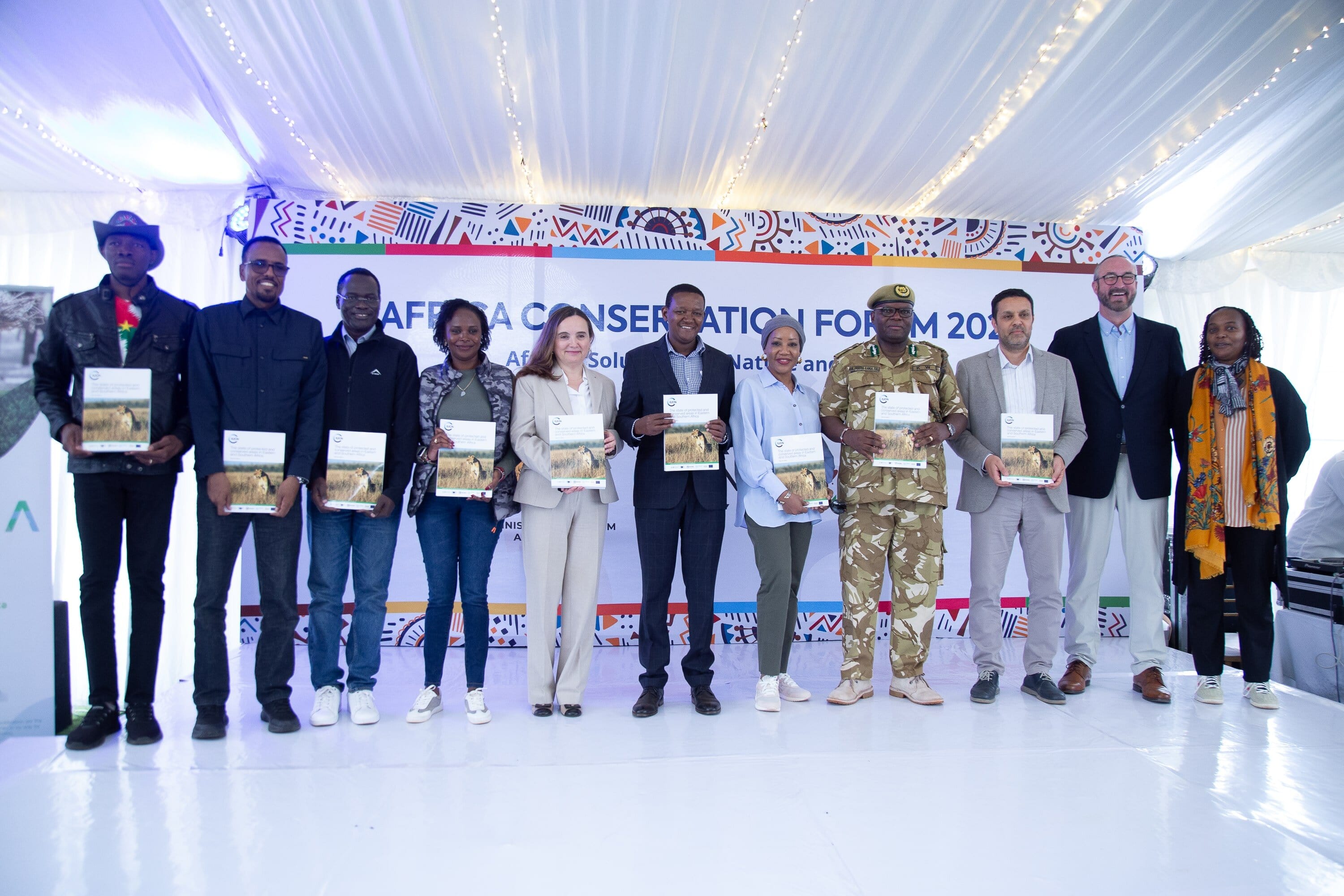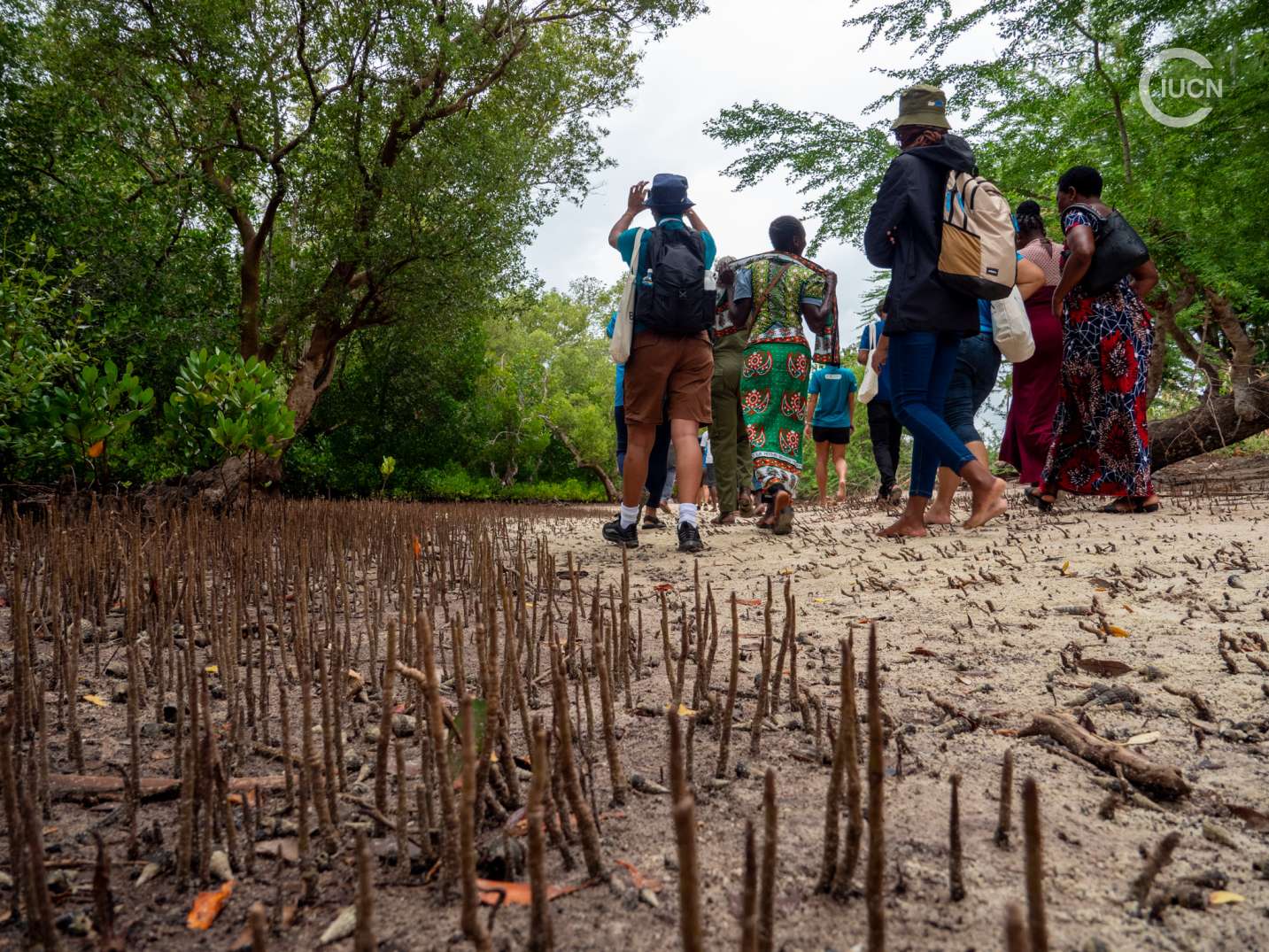IUCN Oceania highlights importance of local solutions to Global Biodiversity Framework at SIDS conference
In a pivotal event organised by the BIOPAMA Programme, IUCN Oceania underscored the critical role of local solutions in achieving the Global Biodiversity Framework - Target 3. The event, which paralleled the 4th UN Conference on Small Island Developing States (SIDS) in Antigua and Barbuda, showcased the impact of BIOPAMA funding on data collection, resilience, and biodiversity conservation in Pacific Island countries.
Leituala Kuiniselani Toelupe Tago, the Regional Director of IUCN Oceania, who is heading the IUCN Delegation at the SIDS 4 meeting in Antigua emphasized the value of the State of Protected and Conserved Areas Report (SoPACA) and shared key insights from it.
The SoPACA report is a fundamental work that helps identify the current situation in the Pacific and assesses pathways towards achieving the 30 x 30 global ambitions,"
said Ms. Tago.
In her presentation, Ms. Tago highlighted the status of protected areas and the need for ongoing research, capacity building, and enhanced data accessibility to inform policy changes and achieve Target 3. The SoPACA report provides an update on protected and conserved areas in Oceania, outlines progress towards national and international targets, including coverage, representativeness, connectivity, and effectiveness, showcases successful management practices across the region, and reviews relevant regional issues, offering guidance for enhancing management effectiveness, governance, and equity.
The importance of robust data and information systems, including Geographic Information Systems (GIS), was a key point of discussion. Accurate and accessible data are essential for monitoring progress and making informed decisions. GIS capabilities enable the mapping and analysis of biodiversity and conservation areas, helping to identify critical habitats, track changes over time, and prioritize areas for protection. Enhanced data collection and analysis support the adaptive management of protected areas, ensuring that conservation efforts are effective and responsive to changing environmental conditions.
Participants also discussed the significance of traditional and indigenous knowledge as local solutions to conservation challenges. Indigenous practices and wisdom have long contributed to sustainable resource management and biodiversity conservation. Recognizing and integrating this knowledge with scientific approaches can lead to more holistic and effective conservation strategies. Traditional ecological knowledge provides insights into species behaviour, ecological relationships, and sustainable practices that have been refined over generations.
The special circumstances of SIDS present unique challenges for biodiversity conservation. These islands face multiple, interconnected threats, including climate change, habitat loss, invasive species, and overexploitation of resources. The geographic isolation, limited resources, and high vulnerability to environmental changes make conservation efforts particularly complex. However, the resilience and innovation demonstrated by SIDS communities offer valuable lessons for the global community. Homegrown solutions, such as community-based conservation initiatives, locally managed marine areas, and traditional agricultural practices, can be adapted and applied in other contexts around the world.
In her concluding remarks, Ms. Tago called for elevated climate action and intensified efforts in biodiversity conservation and ecosystem restoration. She highlighted the significant challenge posed by biodiversity loss, especially for Small Island Developing States, noting the high stakes for our planet. The event underscored the interconnectedness of climate action and biodiversity conservation, advocating for robust local solutions to meet global biodiversity targets and ensure a sustainable future for the Pacific and other small island regions.
For more information: rahul.chand@iucn.org
----------
About BIOPAMA: The Biodiversity and Protected Areas Management (BIOPAMA) Programme is implemented by the International Union for Conservation of Nature (IUCN). It is a flagship initiative of the European Union aimed at improving the management and governance of protected areas in Africa, the Caribbean, and the Pacific.
About IUCN: IUCN is a membership Union composed of both government and civil society organisations. It harnesses the experience, resources and reach of its more than 1,400 Member organisations and the input of more than 15,000 experts. IUCN is the global authority on the status of the natural world and the measures needed to safeguard it.



